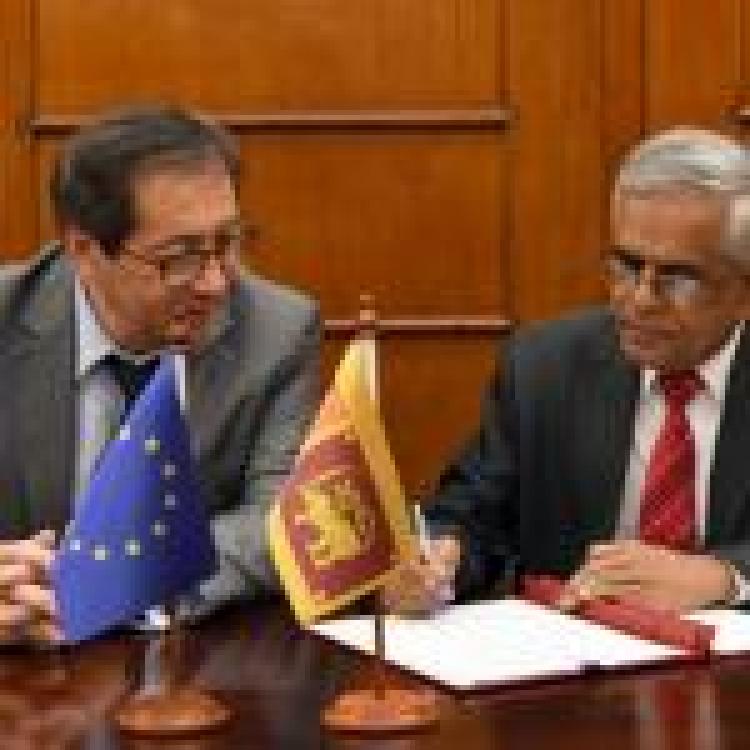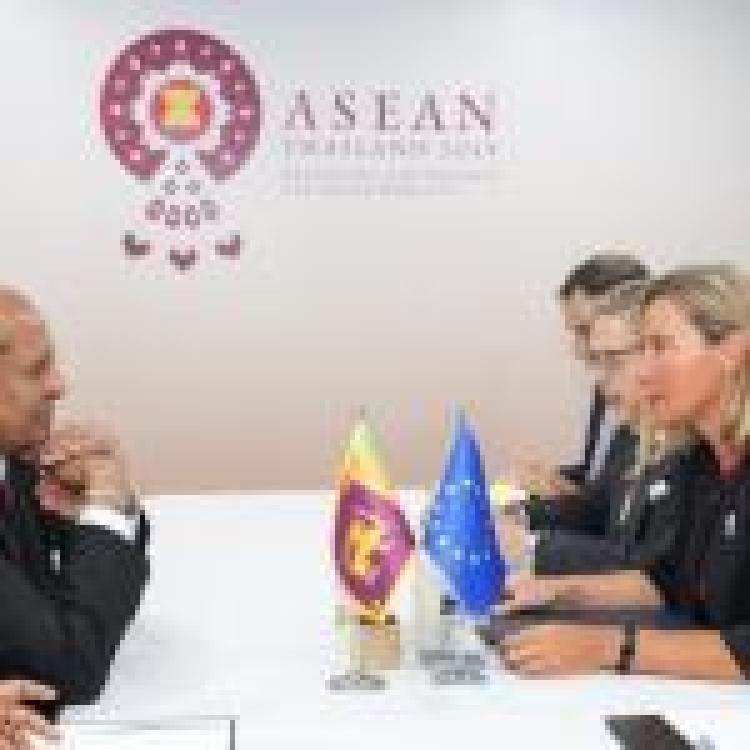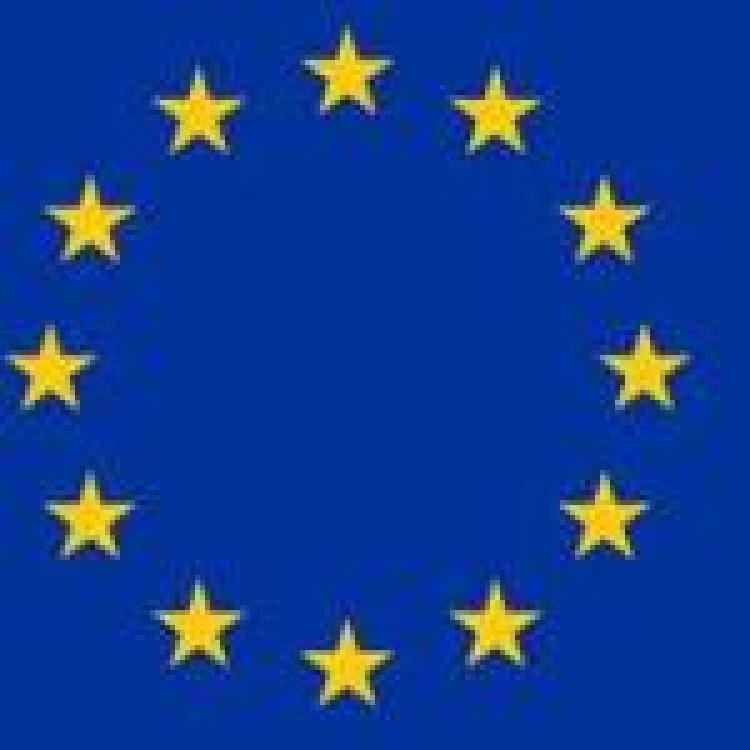![]()
During a session in Brussels, Secretary-General of the European External Action Service (EEAS), Helga Schmid met with Sri Lanka’s Ambassador for the EU, Grace Asirwatham, and noted that trade relations between Sri Lanka and the EU had witnessed significant growth in recent years.
The EU is the largest export market for Sri Lankan goods accounting for nearly 30% or 2.8 million euros.
Ambassador Asirwatham has noted that the improved trade relationship is due in part to the decision to restore Sri Lanka’s GSP+ status in May 2017. Since then Sri Lanka’s exports to the EU has grown by over 20%.
EU Ambassador to the Maldives, Tung-Lai Margue has encouraged Sri Lanka to address the grievance of minorities in order for a “meaningful and lasting reconciliation”. He has further recommended Sri Lanka open up its markets stating;
“If the goal is to transform Sri Lanka into a financial, technological, and trans-shipment hub, then you have to be open for business. Protectionism and trade are just not compatible.”
Sri Lanka’s GSP+ status is subject to it fulfilling its human rights commitments but the lack of progress on this has lead to criticism and questioning its right to hold said status.
During a British parliamentary conference, the leader of the opposition, and the shadow secretary of state for international trade, as well as, the deputy leader for the Liberal Democrats, spoke on the failure of the EU to ensure that Sri Lanka was fulfilling their human rights commitments. This failure may warrant the revoking of GSP+ status.
Read more here: British MPs push for Tamil genocide recognition in Parliament




